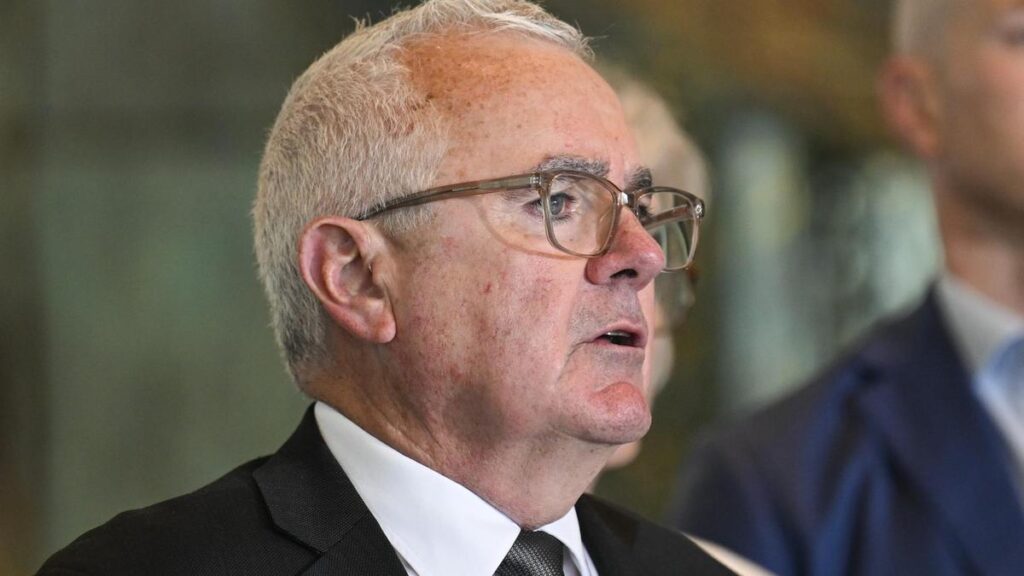
Labor has been urged to take decisive action on the Robodebt crisis following the introduction of a new Bill by independent Tasmanian MP Andrew Wilkie and the Greens’ spokesperson for social services, Penny Allman-Payne. This push comes in light of the government’s failure to address recommendations made by a Royal Commission nearly two years ago. The Bill will be presented in both houses of Parliament on Monday, aiming to implement the outstanding recommendations from the comprehensive investigation, which resulted in a 900-page report released in July 2023.
The Royal Commission’s recommendations include reinstating a six-year time limit for recovering debts and mandating the Department of Social Services to establish a duty of care prioritizing the needs of welfare recipients. Additionally, the recommendations call for restrictions on the use of automation in decision-making and improvements to compliance notice processes, enhancing protections for individuals facing hardship. Other proposed changes aim to extend the duration during which recipients can claim crisis payments and broaden access to special circumstance debt waivers to include instances of coercive control and financial abuse.
The push from Wilkie and Allman-Payne comes after findings from the Commonwealth Ombudsman, Iain Anderson, which revealed that the Department of Employment and Workplace Relations and Services Australia unlawfully terminated 964 Jobseeker payments between April 2022 and July 2024 due to automation glitches within the criticized Target Compliance Framework. Anderson condemned the department for a ten-month delay in addressing these issues, despite warnings from legal advisors. The Ombudsman also noted that the department has yet to establish a legally required Digital Protection Framework, mandated by legislation passed in 2022.
Implementing a six-year limit on debt recovery could significantly impact the decision made by Michael Lye, Secretary of the Department of Social Services, to reassess approximately 160,000 welfare payments. These payments were obtained through unlawful income apportionment methods spanning from 1979 to 2020, amounting to a staggering $1.1 billion.
Wilkie expressed disappointment over Labor’s inaction since the Royal Commission, stating, “Robodebt was a catastrophic failure of government administration that destroyed the lives of thousands of Australians.” He emphasized the need for “meaningful” legislative changes, arguing that the government must come to the table on these reforms to prevent similar failures in the future.
Allman-Payne echoed these sentiments, criticizing Labor for continuing to “treat vulnerable welfare recipients like criminals.” She highlighted the devastating impact of receiving erroneous debt notices on individuals struggling to meet basic needs, asserting, “This legislation is ready to go, and the Greens are urging Labor to walk the walk on Robodebt and end the cruelty in the welfare system for good.”
The Anti-Poverty Centre spokesperson, Kristen O’Connell, also called for swift government action, insisting that the ongoing delays mean the Robodebt crisis is no longer solely the previous government’s failure. “The decision to agree to all Royal Commission recommendations showed that the government knows the current system of ‘debt’ collection is untenable,” she stated. O’Connell emphasized that accepting recommendations without taking action leaves welfare recipients in a precarious position, as many debts arise from confusing regulations and administrative errors. This, she argued, only exacerbates the already dire outcomes of low payment levels, including hunger, homelessness, and suicide.
As the Bill is set to be introduced, the pressure mounts on Labor to demonstrate its commitment to reforming the welfare system and addressing the devastating legacy of Robodebt.






